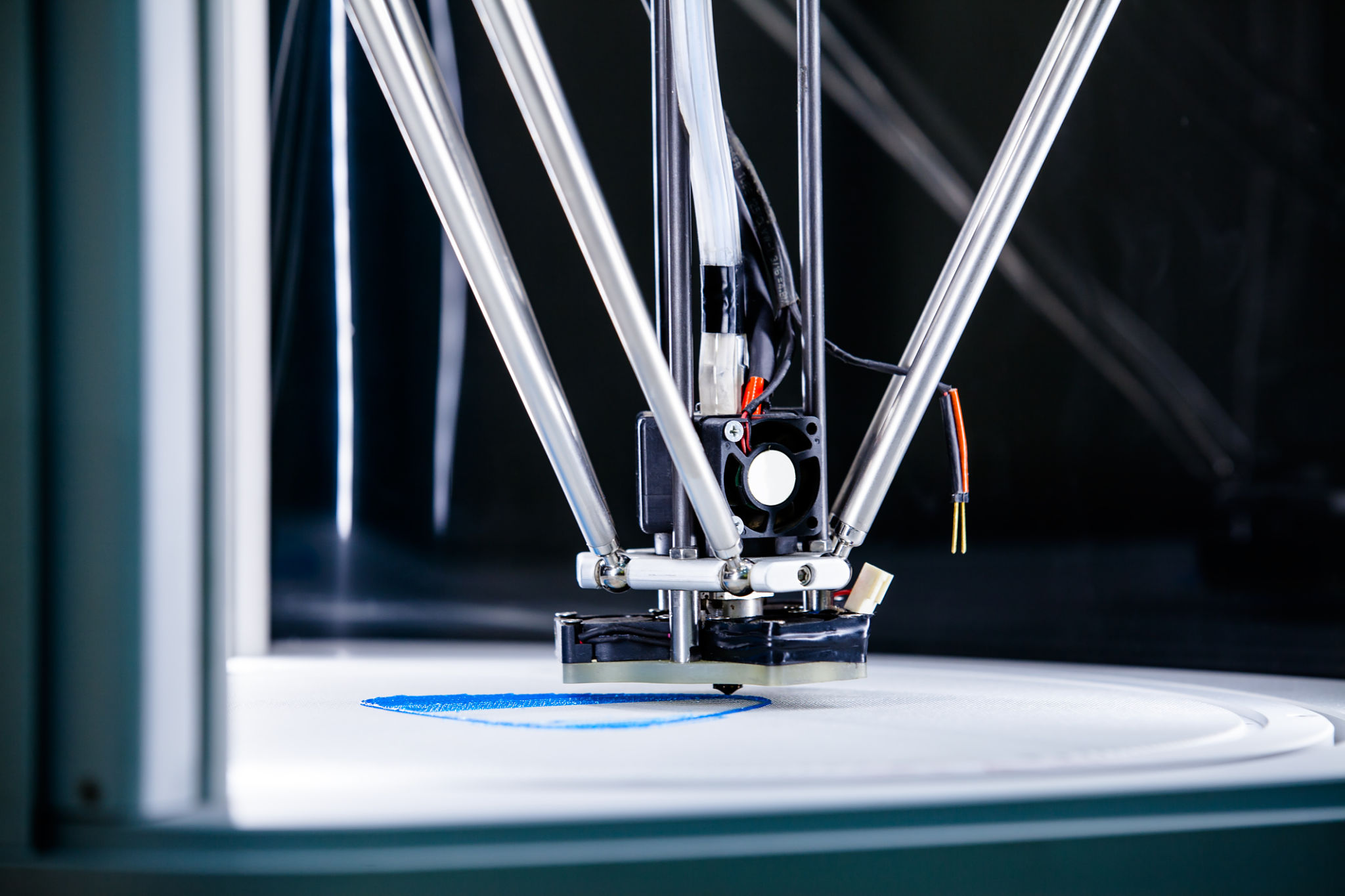Comparing Material Handling Solutions: When to Choose Custom Versus Standard Options
Understanding Material Handling Solutions
In the dynamic world of logistics and manufacturing, material handling plays a pivotal role in ensuring operational efficiency. Choosing the right material handling solution can significantly impact productivity, costs, and safety. Businesses often face the decision of selecting between custom and standard options. Understanding when to opt for each can drive better outcomes for your operations.

When to Choose Standard Solutions
Standard material handling solutions are pre-designed systems that cater to common industry needs. They are ideal for businesses with routine operations that do not require specific customization. Here are some scenarios where standard solutions are beneficial:
- Cost-effectiveness: Standard solutions are typically less expensive since they are mass-produced and do not require special design considerations.
- Quick deployment: With ready-to-use designs, standard solutions can be implemented faster, reducing downtime.
- Proven reliability: These systems have been tested across various industries, ensuring dependability.
Advantages of Custom Solutions
Custom material handling solutions are designed and built to meet specific operational requirements. They shine in environments where unique challenges must be addressed. Consider custom solutions when:
- Unique needs: Your operation has specific requirements that standard solutions cannot meet.
- Scalability: Custom solutions can be tailored to grow with your business, providing long-term value.
- Enhanced efficiency: A custom solution can optimize workflows and minimize bottlenecks, improving overall productivity.

Evaluating Your Operational Needs
Determining whether to choose a standard or custom material handling solution involves assessing your operational needs critically. Start by analyzing your current processes, identifying pain points, and forecasting future demands. Consider factors such as production volume, space constraints, and the nature of the materials being handled.
The Role of Technology and Innovation
Technology plays a crucial role in material handling. Innovations like automation, IoT, and AI can be integrated into both standard and custom solutions to enhance capabilities. For businesses looking to embrace cutting-edge technology, custom solutions often provide more flexibility to incorporate advanced features tailored to specific needs.

Cost Considerations
Budget is a significant factor in the decision-making process. While standard solutions are generally more affordable upfront, custom solutions can offer better ROI in the long run by optimizing operations and reducing inefficiencies. It's essential to weigh the initial investment against potential cost savings over time.
Consulting with Experts
For businesses uncertain about the right choice, consulting with material handling experts can be invaluable. Professionals can provide insights based on industry experience and help design a solution that aligns with both operational goals and budget constraints.
The Final Decision
The choice between custom and standard material handling solutions should be guided by a thorough understanding of your business's unique needs and future objectives. By evaluating the pros and cons of each option, you can make an informed decision that enhances efficiency, reduces costs, and supports growth.
